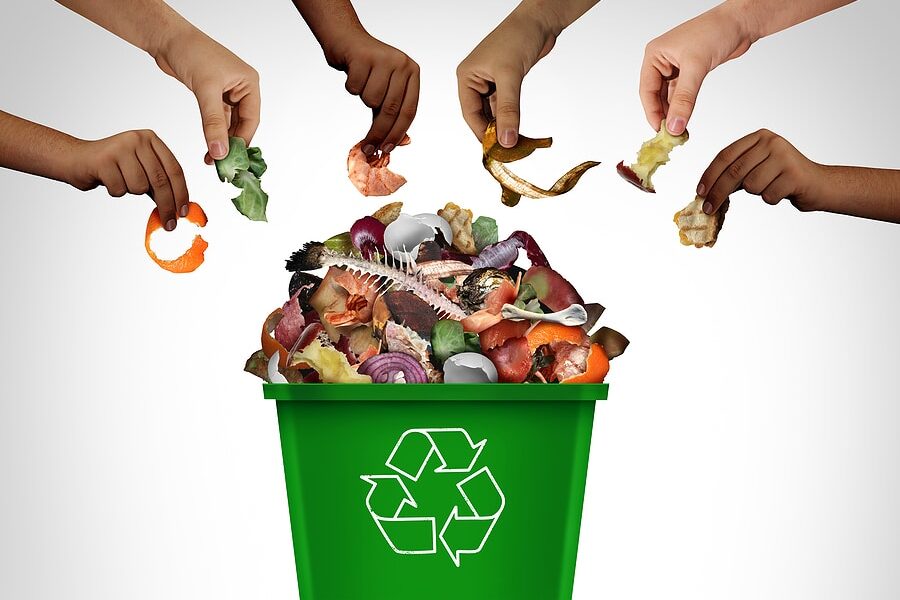NYC Grants Reprieve on Mandatory Composting Fines

Weeks after the New York City Department of Sanitation (DSNY) started issuing fines for non-compliance with mandatory composting requirements, city officials paused most of the penalties.
The composting mandate went into effect throughout the five boroughs in October 2024, with a six-month grace period that ended on April 1. Just over two weeks later, the city had issued over 4,000 summonses, representing a minimum of $100K in fines.
On April 18, city officials announced that composting enforcement would relax until at least the end of the year for most properties. Large, repeat offenders—buildings with 30+ units that have received more than four warnings—will continue to receive fines. The extended grace period is intended to promote public awareness about composting.
Property owners who have already received summonses can request violation dismissal at a hearing, according to DSNY.
NYC Composting Requirements & Penalties
New York City requires owners of buildings with at least four units to provide a storage area and clearly labeled bin for compost material. Compost bins must have a secure lid and a maximum size of 55 gallons. DSNY recommends lining the bins with a clear plastic, paper or compostable bag to keep them clean.
All New York residents are required to separate organic waste for composting, but owners of smaller properties don’t need a separate collection area.
Fines are based on the size of the property and increase for repeat offenders (up to a point).
Up to 8 units:
- First offense – $25
- Second offense – $50
- Future offenses – $100
Buildings with 9+ units:
- First offense – $100
- Second offense – $200
- Future offenses – $300
What New Yorkers Can Compost
The following items belong in compost bins:
- Food scraps. If you eat it or cook with it, you can compost it. This category includes fruit, vegetables, meat, bones, prepared food, etc.
- Food-soiled paper. Greasy pizza boxes, paper takeout containers and used napkins belong in this category, along with plates, towels, coffee filters and tea bags.
- Leaf and yard waste. Grass clippings, plants, twigs and leaves can all be recycled. If you’re collecting compost in a sealed bin, you can combine yard waste with food scraps and food-soiled paper.
Residents can use clear plastic bags to collect and discard organic waste. The city’s composting facilities separate the compostable contents from the plastic.
DSNY collects compost every week on recycling day.
How to Encourage Tenant Compliance
New York City offers several resources to help landlords promote composting among building residents.
- DSNY offers free educational materials on composting to help landlords communicate requirements and tips to tenants.
- The city is hosting bi-weekly virtual information sessions on curbside composting through June, and a recorded session is also available for online viewing.
- Landlords can also request an on-site educational event from DSNY.
Visit the DSNY website for more information about curbside composting.

